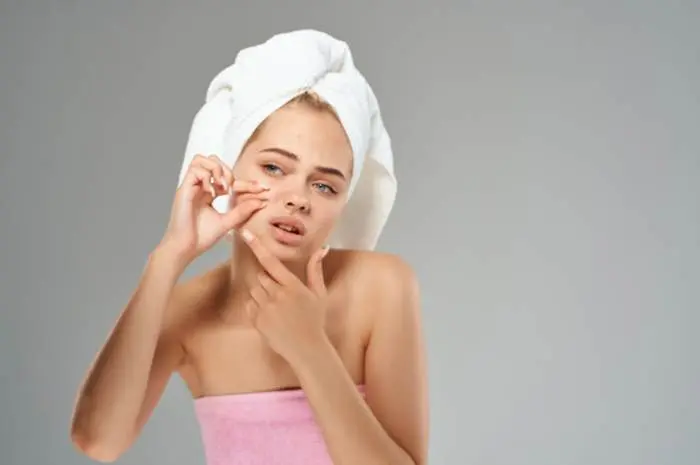Acne is a common skin condition that affects people of all ages. It can be frustrating and sometimes even debilitating, impacting one’s self-esteem and overall well-being.
Fortunately, there are fast and effective ways to combat acne and achieve clear, healthy skin. In this comprehensive guide, we will explore various strategies and treatments to help you get rid of acne quickly and efficiently.
Understanding Acne
Before we delve into the methods to eliminate acne, it’s essential to understand what causes it. Acne develops when hair follicles become clogged with oil and dead skin cells.
This can lead to the formation of pimples, blackheads, whiteheads, and sometimes even cysts. Several factors can contribute to the development of acne, including hormonal imbalances, genetics, diet, stress, and skincare routines.
Fast and Effective Ways to Get Rid of Acne
1. Proper Skincare Routine
A consistent and appropriate skincare routine is the foundation for clear skin. Start with a gentle cleanser to remove dirt and excess oil without over-drying your skin. Follow this with a non-comedogenic (won’t clog pores) moisturizer to keep your skin hydrated.
2. Exfoliation
Regular exfoliation helps remove dead skin cells that can clog pores and lead to acne. Use a mild exfoliating product containing salicylic acid or glycolic acid a few times a week to unclog pores and promote cell turnover.
3. Spot Treatment
For those pesky individual pimples, spot treatments containing benzoyl peroxide, salicylic acid, or sulfur can be highly effective. Apply them directly to the affected area to reduce inflammation and speed up the healing process.
4. Diet and Hydration
A balanced diet rich in fruits, vegetables, lean proteins, and whole grains can contribute to overall skin health. Drinking plenty of water helps keep your skin hydrated and may assist in reducing acne. Some people may also benefit from avoiding dairy and high-glycemic foods that can trigger acne flare-ups.
5. Over-the-Counter (OTC) Products
There are numerous OTC products available that can help treat acne. Look for those containing ingredients like benzoyl peroxide, salicylic acid, or alpha hydroxy acids (AHAs). These products can be applied topically and are readily accessible at drugstores.
6. Prescription Medications
For more severe cases of acne, a dermatologist may prescribe topical or oral medications. Antibiotics, retinoids, and birth control pills can help regulate hormones and reduce acne lesions. Isotretinoin, known as Accutane, is a potent oral medication used for severe acne but must be carefully monitored due to potential side effects.
7. Professional Treatments
Dermatological treatments such as chemical peels, microdermabrasion, laser therapy, and photodynamic therapy can be effective in treating stubborn acne. These procedures are usually performed by dermatologists and can provide faster results compared to home remedies.
8. Stress Management
Stress can exacerbate acne, so implementing stress-reduction techniques such as meditation, yoga, and deep breathing exercises can help manage breakouts.
9. Hands Off!
Avoid picking, squeezing, or popping pimples, as this can lead to scarring and worsen inflammation. Keep your hands off your face to prevent the spread of bacteria.
10. Proper Sun Protection
Protecting your skin from the sun is essential, as some acne treatments can make your skin more sensitive to UV rays. Use a broad-spectrum sunscreen with SPF 30 or higher daily, even on cloudy days.
Conclusion
Acne can be a challenging skin condition, but with the right approach and consistency, you can achieve clear, healthy skin.
Remember that what works for one person may not work for another, so it may take some trial and error to find the best regimen for your specific skin type and concerns. If your acne persists or worsens, consult a dermatologist for personalized treatment options.
With the right combination of skincare, lifestyle changes, and professional guidance, you can achieve fast and effective results in your journey to get rid of acne and enjoy clearer, more confident skin.
